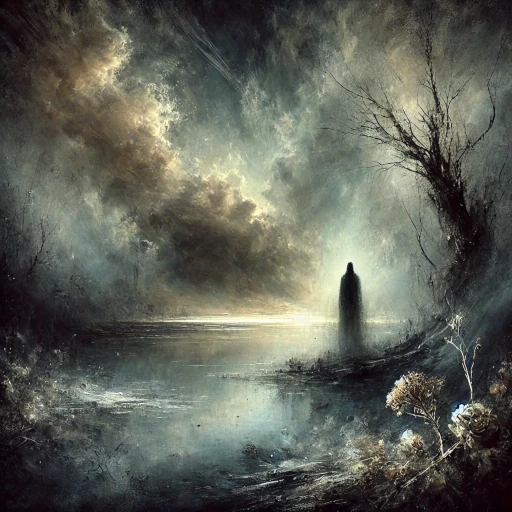“The stroke of death is as a lover’s pinch, which hurts and is desired.”

- April 26, 1564 – April 23, 1616
- Born in England
- Playwright, poet, actor
table of contents
Quote
“The stroke of death is as a lover’s pinch, which hurts and is desired.”
Explanation
This quote from Shakespeare’s Twelfth Night uses the comparison of death to a lover’s pinch to explore the paradoxical nature of pain and desire. The phrase “the stroke of death” refers to the inevitability of death, while “a lover’s pinch” implies a small but sharp sensation, often associated with affection or playful teasing. Shakespeare suggests that just as a lover’s pinch causes both pain and longing, death, too, can be simultaneously feared and sought after. While death is undeniably painful and feared, it is also inevitable and, in some ways, desired—perhaps as a release from suffering or a means of escape.
In modern contexts, this quote reflects the complex relationship humans have with mortality. Many people experience a fear of death, yet at the same time, may find comfort in the idea of death as an end to pain or an unknown future. For example, those suffering from chronic illness might feel conflicted, desiring relief from their suffering even while fearing the finality of death. This ambivalence toward death is a common theme in philosophy and psychology, where death is seen as both a source of fear and an eventual release.
Ultimately, this quote invites reflection on the complex emotions surrounding death, suggesting that while death may bring pain or fear, it is also something we ultimately cannot avoid and may, in some circumstances, come to desire as a way to end suffering. It highlights the dual nature of existence, where joy and pain often coexist, and where even the darkest experiences can have a sense of inevitability or desire attached to them.
Would you like to share your impressions or related stories about this quote in the comments section?





